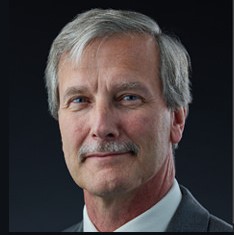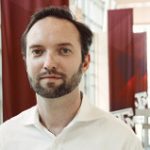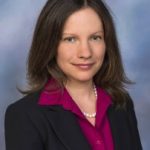About the Seminar
In this talk, I will present our work on uranium mono- and bis-imido complexes in various oxidation states and what we have learned about the role of covalency in stabilizing the U=N interaction. The synthesis of high oxidation state, U(V-VI), complexes from lower oxidation state, U(III-IV) starting materials is driven by the formation and stability of the trans-bis(imido)U(V-VI) functionality. Studies of these oxidation reactions show that the lability of the uranium-ligand bond is extremely important, making uranium unique. The bis(imido)U(VI) complexes are good starting materials for the synthesis of a unique class of molecules that have diamagnetic ground states, but low-lying triplet excited states that give rise to temperature independent paramagnetism (TIP). I will also discuss our very recent syntheses of lower oxidation state, U(II-III), amido complexes (1, 2) that are stabilized by the combination of extremely bulky terphenyl substituents and 6-arene interactions between the ligand scaffold and the uranium atom. The use of this chelate strategy to stabilize novel uranium-unsaturated hydrocarbon interactions will also be discussed.
About that Speaker:
James M. Boncella received a B.A. in chemistry in 1980 from the College of Wooster, Wooster, OH, and a Ph.D. in inorganic chemistry in 1984 from the University of California, Berkeley. His dissertation work involved the synthesis of organolanthanide complexes under the direction of Prof. R. A. Andersen. Boncella was a postdoctoral fellow at the University of Oxford with Malcolm L. H. Green from 1984-86 before joining the faculty as an assistant professor in the chemistry department at the University of Florida in 1986. While at Florida, he pursued research in organotransition metal chemistry, catalysis of polymerization reactions, and fabrication of LEDs. He moved to Los Alamos in 2003 where he became a Technical Staff Member in the Nuclear Materials Technology Division. He is currently the Deputy Group Leader of the Inorganic Isotope and Actinide chemistry group in the Chemistry Division of the Laboratory. His research interests encompass the synthesis of unusual f-element complexes and the development of transition metal catalysts for the decomposition of formic acid. He has authored over 140 publications and patents and was named an ACS Fellow in 2017 and a LANL Fellow in 2018.



